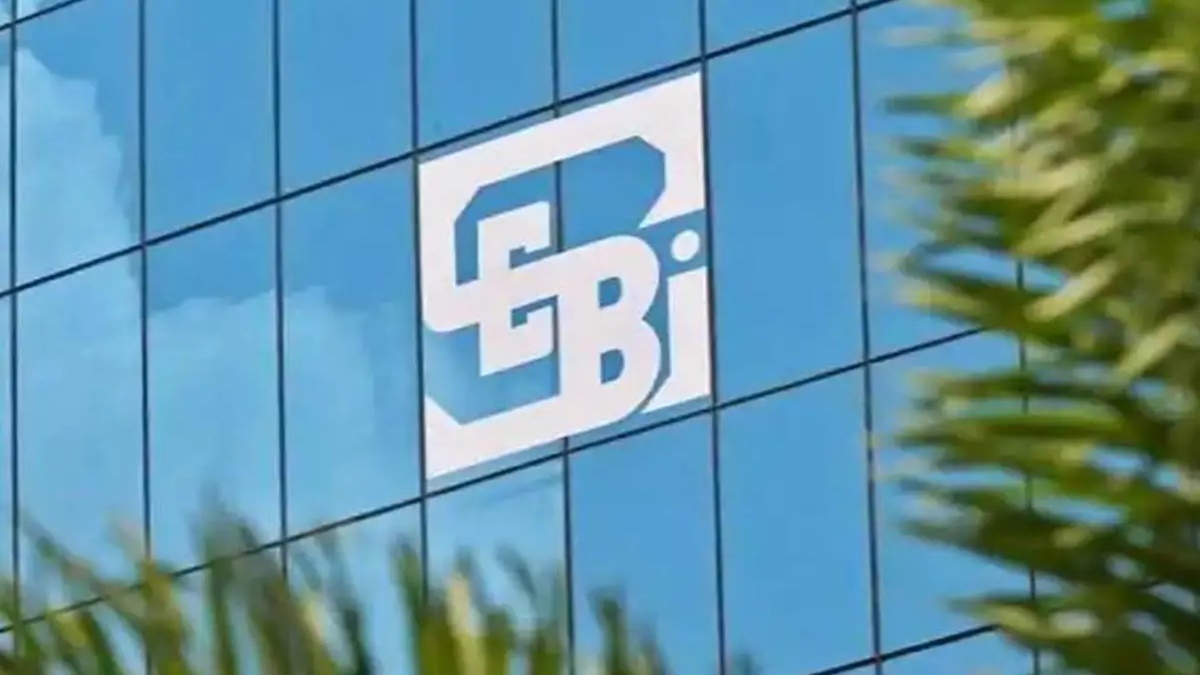Compulsorily convertible debentures (‘CCD’) may not be treated as financial debt but the unpaid interest on CCDs is to be treated as financial debt for the purpose of insolvency

June 06, 2023 | 3 comments
In a recent ruling, the Hon’ble National Company Law Tribunal (‘NCLT’) evaluated
as to whether the principal amount
compulsorily convertible debentures (‘CCDs’) and / or the interest thereon constitute financial debt
as per the provisions of
the Invsolvency and Bankruptcy Code, 2015 (‘IBC’)
Facts of the case:
1. The petitioner had subscribed to CCDs of the borrower carrying interest of 11.5% p.a. The
principal amount of the
CCDs were convertible at par. The interest was payable in cash.
2. The CCDs were mandatorily and compulsorily convertible into equity on (i) expiry of 10 years from
the date of issue
of CCDs; (ii) on the winding up, liquidation or dissolution of the borrower; or (iii) initial public
offering of the
borrower, whichever is earlier. Further, the petitioner had an option to convert the CCDs at
anytime.
3. No interest was paid on the CCDs over the years.
4. The petitioner filed a petition admitted its claim for the principal amount plus the interest
amount of CCDs as
financial debt.
5. The borrower contested the claim stating that the CCDs are shown as other equity in its books and
therefore, the
books of the borrower did not acknowledge the debt as financial debt.
Issue:
1. Whether the principal and / or the interest on the CCDs be treated as financial debt for the
purpose of IBC.
Ruling and core observations:
The Hon’ble NCLT, ruling in favour of the petitioner, admitting the claim of the petitioner held
that that the principal amount
of CCDs cannot be treated as financial debt but the outstanding interest on the CCDs will be treated
as financial debt for
the purpose of IBC:
1. The Financial Statement of the Corporate Debtor is not conclusive evidence of the
characterization of amounts due in
relation to CCDs.
2. The CCDs are debt until conversion. However, since the CCDs are compulsorily convertible into
equity on the winding
up / liquidation of the borrower, the mandatory conversion date would arise on the commencement of
the insolvency
process under IBC. In view of mandatory conversion date occurring on the commencement of insolvency
process, the
Company’s obligations towards principal component of CCDs ceases to exist on that day and
accordingly, no debt to
the extent of Principal amount of CCDs can be said to exist at commencement of insolvency process.
3. Interest accrued thereupon till the date of conversion is certainly an obligation or liability of
the borrower. The interest
on debt is also a financial debt. Thus, the amount of accrued interest till the mandatory conversion
date of CCDs i.e.,
CIRP commencement date is a financial debt and deserves to be admitted.
Our comments:
The above ruling is a very important ruling in case of issue of CCDs by companies and the
applicability of the IBC
to CCDs. As rightly pointed ruled by the Hon’ble NCLT, the CCDs though being debt until conversion
cannot be
treated as financial debt. It is interesting to note that in this case the petitioner was a
non-resident and as per
the foreign direct investment regulations, the CCDs are treated at par with equity shares for the
purpose of
investment. This ruling also provides much clarity in relation to outstanding interest on CCDs, more
particularly
to the non-resident investors.
On the fine reading, the Hon’ble NCLT based its judgement on the conversion terms which provided for
mandatory conversion on winding-up, liquidation or dissolution of the borrower and treated the event
of
commencement of the insolvency proceedings as an analogous event. Whether this aspect could be
exploited
while drafting the terms of CCDs to derive more comfort, especially for resident investors, would be
interesting
to watch out for



